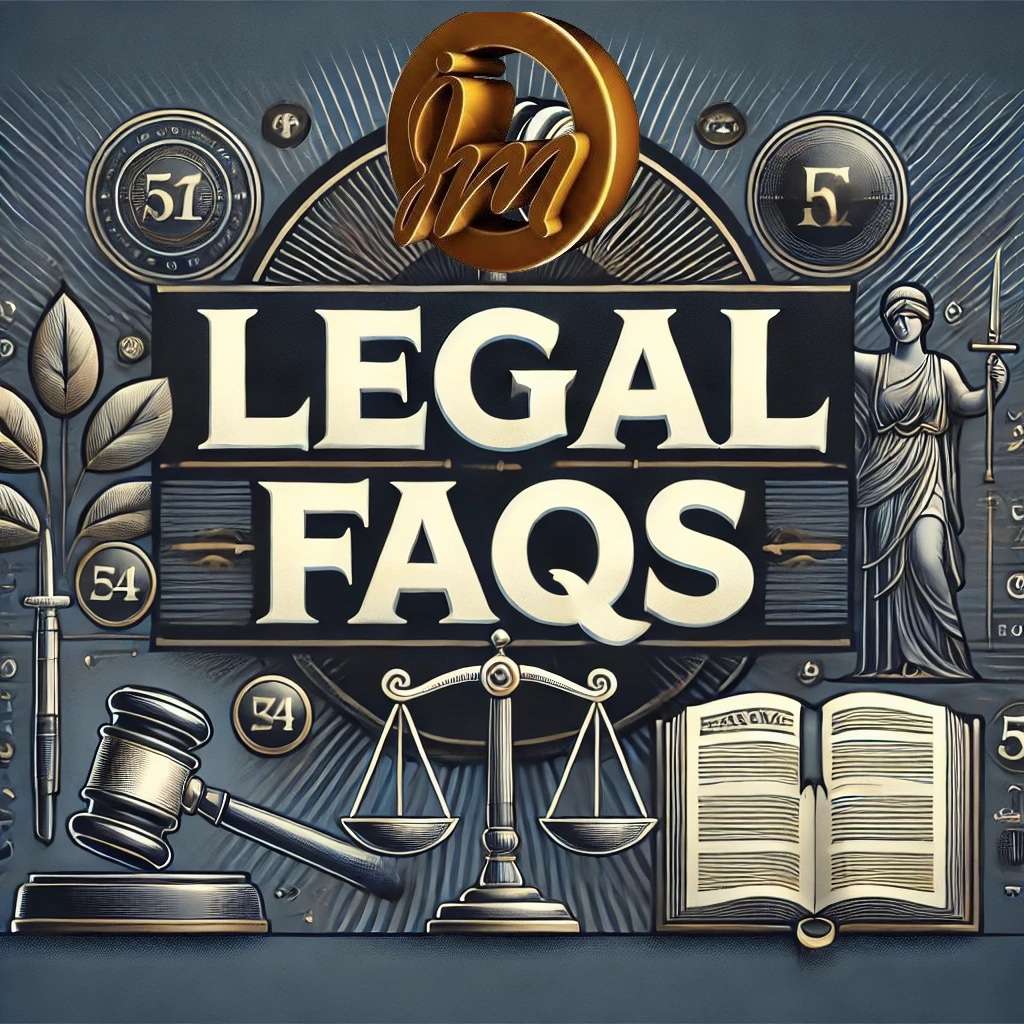In an online dispute we will be looking at the requirements which will need to be proven under the ICANN’s UDRP (Uniform Dispute Resolution Policy).
Based on these , the key to the complainant’s case is the issue of bad faith, as manifest by four non-exclusive incidents related to the registration and use of the domain name:
(1) acquisition of a domain name “primarily for the purpose of selling … or otherwise transferring the domain name registration to the complainant [for consideration exceeding] out of pocket costs;”
(2) registration of the domain name to .prevent the owner of the trademark from reflecting the [trade]mark in a corresponding domain name
(3) acquisition of a domain name for “disrupting the business of a competitor and (
4) acquisition and use of a domain name to divert Internet users to another web site “for commercial gain,” by “creating a likelihood of confusion with the complainant’s mark as to the source … of [the] Web site”
Detailed article continues below
To prove bad faith in the context of domain name theft (cybersquatting), you will need to establish several key factors under both the Anticybersquatting Consumer Protection Act (ACPA) and the Uniform Domain Name Dispute Resolution Policy (UDRP).
Under the ACPA, a trademark owner must demonstrate:
- Ownership of a distinctive or famous trademark: Your trademark must be distinctive or famous enough to warrant protection.
- Identical or confusingly similar domain name: The domain name in question must be identical or confusingly similar to your trademark.
- Bad faith intent to profit: The registrant of the domain name must have acted with a bad faith intent to profit from your trademark. Courts will consider several factors, such as:
- Whether the registrant had any intellectual property rights in the domain name.
- Whether the domain name is the legal name or commonly used nickname of the registrant.
- Any prior use of the domain name in connection with the bona fide offering of goods or services.
- Whether the registrant has a pattern of such conduct, including registering multiple domain names identical or similar to trademarks of others.
- The intent to divert consumers to a website that could harm the trademark owner’s goodwill, typically for commercial gain.
Under the UDRP, you need to establish three elements:
- Confusing similarity: The domain name must be confusingly similar to a trademark or service mark in which you have rights.
- No legitimate interest: The registrant must have no rights or legitimate interests in the domain name.
- Bad faith registration and use: The domain name must have been registered and used in bad faith. Factors indicating bad faith include:
- Registering the domain primarily to sell it to the trademark owner for profit.
- Registering the domain to prevent the trademark owner from reflecting the mark in a corresponding domain name, provided there is a pattern of such conduct.
- Registering the domain to disrupt the business of a competitor.
- Using the domain to intentionally attract, for commercial gain, Internet users by creating confusion with the trademark.
Procedural Options:
- UDRP Arbitration: This is typically faster and less expensive than litigation. It involves submitting your complaint to entities like the World Intellectual Property Organization (WIPO) or the National Arbitration Forum (NAF). The UDRP process will evaluate the elements mentioned above and decide whether to cancel or transfer the disputed domain name to you.
- ACPA Lawsuits: If the case is complex or the facts are unclear, litigation under the ACPA might be preferred. This involves filing a lawsuit in federal court and going through the judicial process to prove bad faith and potentially recover damages.

